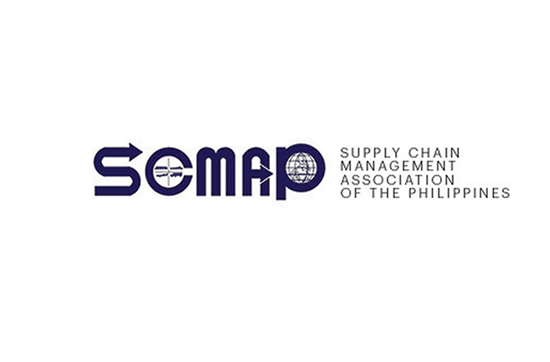Arguably, more than any other, supply chain is about the movement of information. Yes, the goods are important, but it’s information that allows businesses to make decisions about what to produce more of when, what to deliver where, and to whom the product should appeal to. And of course, it’s information that makes customers decide whether they should buy a product, or continue to patronize it.
This is why supply chain is rooted in collaboration. Collaboration allows us to gain useful information from our suppliers, partners and consumers, so everyone can make value out of the whole process. It’s also why businesses invest so much in analyzing, forecasting and planning their supply chains.
Naturally, with the COVID-19 pandemic continuing to affect our country, I have had information on my mind. For the past five months or so I have come to even better appreciate the value of information on our members, particularly in the early days of community quarantine, when we scrambled to figure out how we could continue to operate (as mandated of us by the government) while also navigating our way through checkpoints, roadblocks and other bottlenecks. As things have somewhat settled down the value of information still remains, particularly as the situation remains fluid and unpredictable—as we’ve seen when NCR and surrounding provinces were brought back under MECQ—even if we’ve come to recognize that we’ll be in some form of lockdown for the next few months, at least until the vaccine that’s supposed to save us actually arrives.
Last week we at SCMAP were privileged to host an online forum with top government leaders who are leading the fight against COVID-19. Listening to them discuss upcoming initiatives to keep the economy moving while continuing to keep the pandemic at bay, I realized—and I needed to realize it—that what is being planned at the top is not necessarily what is felt on the ground. In part, this is because local government units are in charge of implementing guidelines and policies issued by the national government, and something changes in the translation on its way out; thus, the policies in one barangay may be different when you move over to the next one. For us in supply chain who have to move goods across provinces, these inconsistencies mean confusion, delays and additional costs.
On the other hand, I have also observed how confusing the messaging from the national government can be. Just take our now fortnightly ritual of trying to stay up late for another televised press conference, realizing that it’s way too late, and waking up to see that we’re still under GCQ—on the day the renewal is supposed to take effect, rather than a day or two before, to allow us to plan things out. Sometimes policies—take the requirement for face shields on top of face masks—are doled out piecemeal, and we’re left to figure out when they are effective, if they are even true. (And then the official pronouncement appears on government websites on the day it is supposed to take effect, if you’re lucky enough to find it.) That, again, leads to confusion, delays and additional costs. And perhaps more critically, it provides an avenue for misconceptions based on gut feel, or blatantly false information, to lodge into our heads and affect the way we work. Again, confusion, delays and additional costs.
For us to be able to better serve our customers—and, more importantly, for our customers to have the confidence to start spending money again—the value of timely and reliable information cannot be understated. For us across supply chain, this allows us to better plan ahead—it’s a consolation considering how COVID-19 is poised to stay around for perhaps another year or so, at this rate. For our customers, it allows them to make better, more informed decisions. (And it doesn’t help implying that it’s their fault if something wrong happens.) But to do that, we need information that is based on expertise and is given out at the right time. That is how we get things rolling.
SCMAP Live: We would like to thank those who took part in our special SCMAP Live last August 26, particularly our speakers: IATF co-chair Karlo Nograles, acting NEDA secretary Karl Chua, and DOH health promotion bureau director Dr. Beverly Lorraine Ho. If you missed it, you can watch back on our discussion on the government’s future plans at SCMAP’s Facebook or YouTube channels.
New training offerings: SCMAP is introducing two online training programs in response to the growing need for supply chain education, particularly those looking to reskill or upskill. Later this month, the return of Supply Chain Mornings—a series of online consultative workshops—will look at optimizing transport costs. And then, from next year, our six-week series of online seminars, Supply Chain Essentials, will launch. More information in the coming days on scmap.org.
Henrik Batallones is the marketing and communications director of SCMAP, and editor-in-chief of its official publication, Supply Chain Philippines. More information about SCMAP is available at scmap.org.





